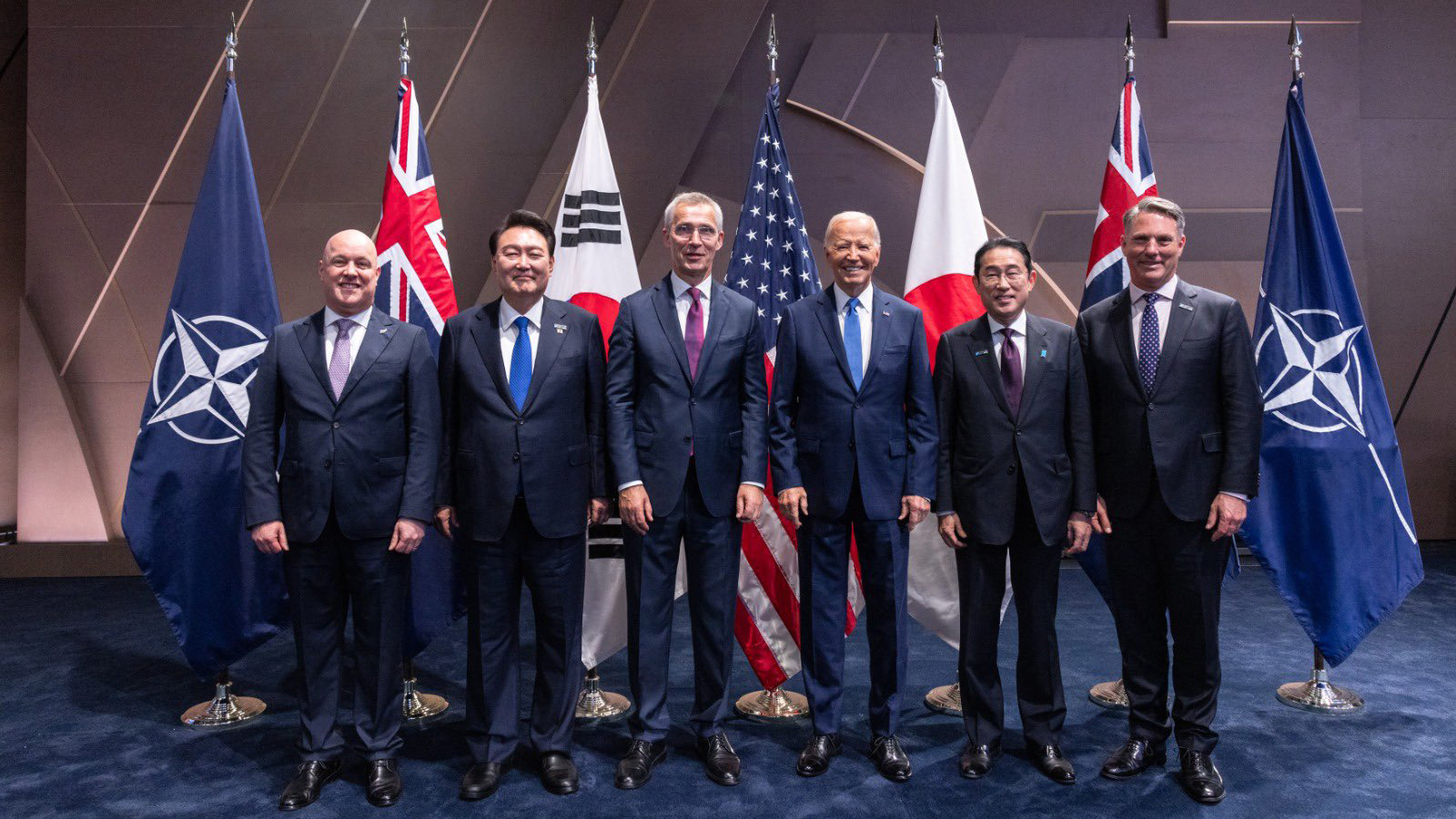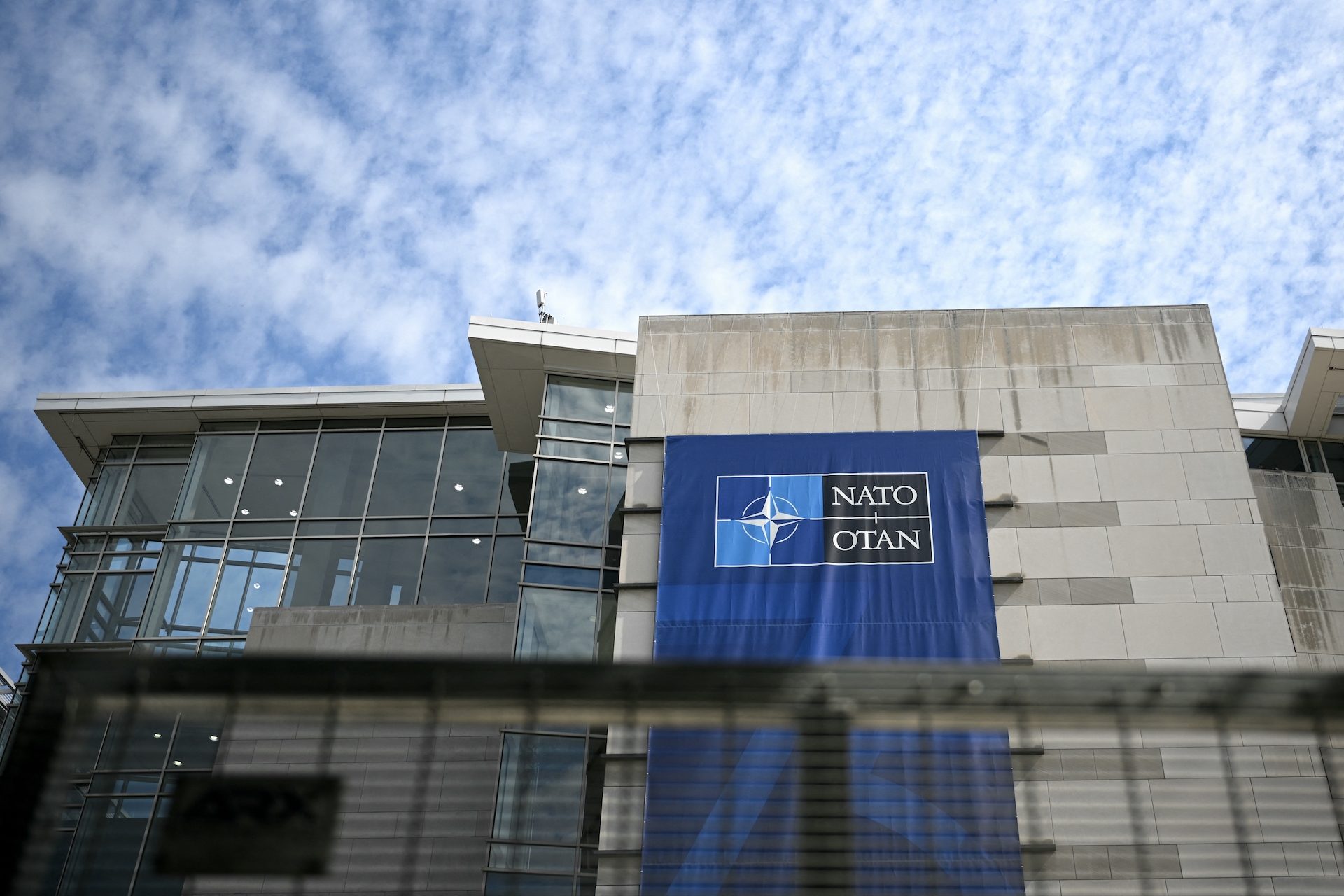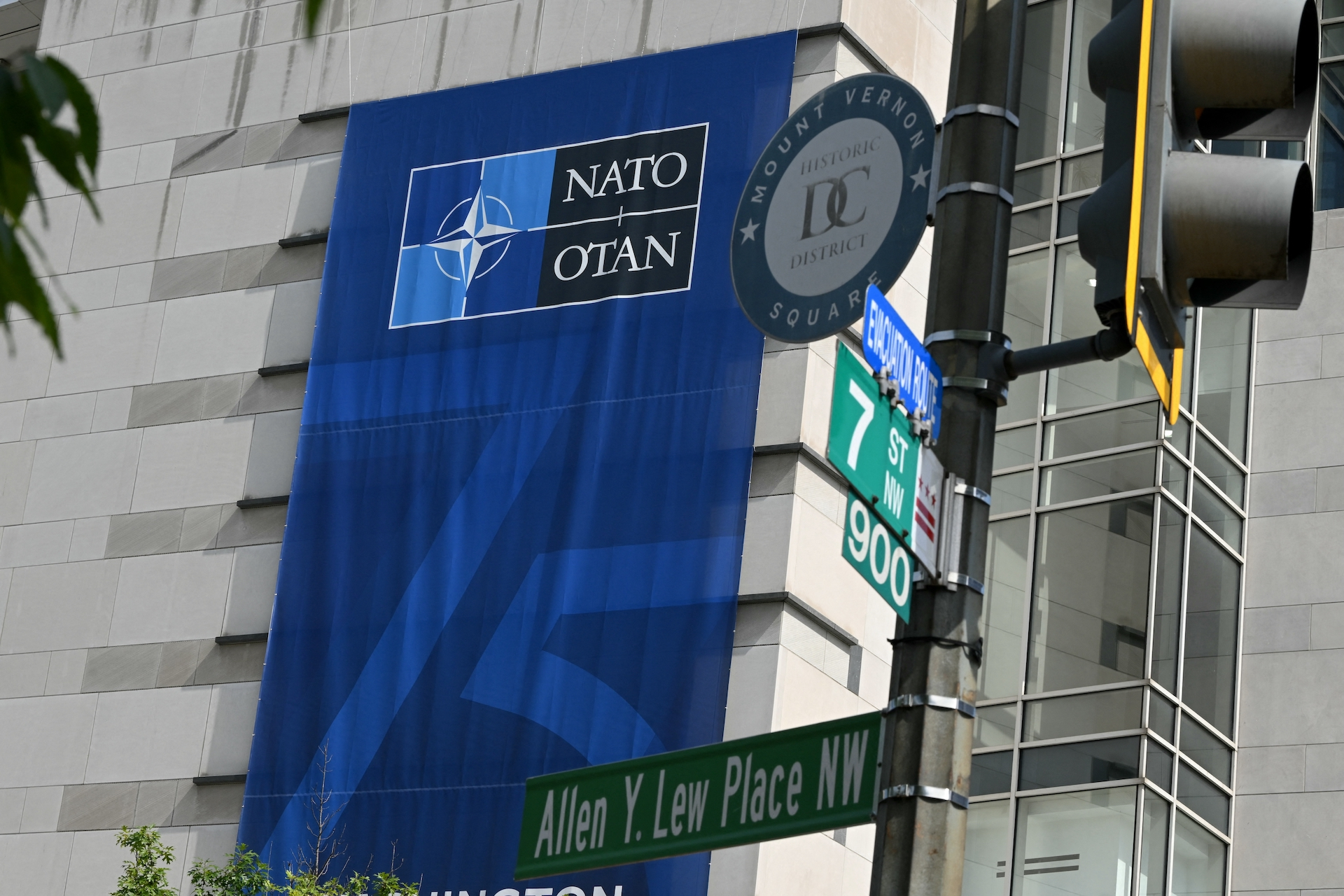NATO Summit Highlights: Nato Summit Washington Dc

Nato summit washington dc – The NATO Summit in Washington, D.C., brought together leaders from the 30 member states to discuss a wide range of issues related to defense, security, and international cooperation. Key topics on the agenda included the ongoing war in Ukraine, the threat posed by Russia and China, and the future of the alliance.
One of the main outcomes of the summit was the adoption of a new Strategic Concept, which will guide NATO’s policies and actions for the next decade. The new concept identifies Russia as the “most significant and direct threat” to the alliance and calls for a “fundamental shift” in NATO’s deterrence and defense posture.
As the NATO Summit in Washington, D.C. concluded, the world eagerly awaited President Biden’s press conference. The address, which outlined the summit’s outcomes and the administration’s plans for the future, held significant implications for global security. Following the conference, the NATO Summit resumed, with leaders discussing the alliance’s next steps in light of recent developments.
Defense and Security
The summit also saw the announcement of several new defense initiatives, including the creation of a new NATO Response Force (NRF) that will be able to deploy rapidly to any part of the alliance’s territory. The NRF will be made up of up to 40,000 troops and will be able to deploy within 30 days.
The NATO summit in Washington, D.C. brought together world leaders to discuss pressing global issues. President Joe Biden, who recently made headlines for his policy initiatives , played a pivotal role in the summit’s deliberations. His leadership was instrumental in shaping the summit’s outcomes, which will have a significant impact on the future of the alliance and the world.
In addition to the NRF, NATO also announced plans to increase its military presence in Eastern Europe, including the deployment of additional troops and equipment to the region. These measures are designed to deter Russian aggression and reassure NATO’s allies in the region.
International Cooperation, Nato summit washington dc
The summit also highlighted the importance of international cooperation in addressing global challenges. NATO leaders reaffirmed their commitment to working with partners around the world, including the European Union, the United Nations, and the G7.
One of the key areas of cooperation is the fight against terrorism. NATO leaders agreed to continue to work together to combat terrorism, both at home and abroad. They also agreed to support the efforts of the Global Coalition to Defeat ISIS.
Other Issues
In addition to the main topics on the agenda, NATO leaders also discussed a number of other issues, including climate change, cyber security, and the future of the alliance. They agreed to continue to work together to address these challenges and to ensure the security and prosperity of the alliance.
Significance and Impact of the Summit

The NATO Summit in Washington DC held immense significance in shaping global security and diplomacy. It reinforced the alliance’s unity and resolve, demonstrating its commitment to collective defense and the maintenance of international peace and stability.
The summit had profound implications for NATO’s role in international affairs. It reaffirmed the alliance’s central role in safeguarding the Euro-Atlantic region, while also signaling its willingness to engage in global security challenges beyond its traditional borders.
Strengthened Alliances and Partnerships
The summit underscored the importance of strong alliances and partnerships for global security. NATO’s commitment to cooperation with non-member states, including partners in the Asia-Pacific region, was reaffirmed. The summit also emphasized the need for continued collaboration with international organizations, such as the United Nations, in addressing global threats.
Challenges and Opportunities

NATO faces numerous challenges in the current geopolitical landscape, including the rise of new threats such as cyber warfare and hybrid warfare, the resurgence of great power competition, and the ongoing instability in the Middle East and North Africa. To adapt and strengthen its role in the future, NATO must address these challenges by investing in new technologies, developing new strategies, and strengthening its partnerships with other international organizations.
Adapting to New Threats
One of the most significant challenges facing NATO is the rise of new threats, such as cyber warfare and hybrid warfare. These threats are difficult to defend against, as they can be launched from anywhere in the world and can target a wide range of targets, including critical infrastructure, military systems, and civilian populations. To address these threats, NATO must invest in new technologies, such as cyber defense systems and early warning systems, and develop new strategies to counter hybrid warfare.
Resurgence of Great Power Competition
The resurgence of great power competition is another major challenge facing NATO. The United States, Russia, and China are all seeking to increase their influence in the world, and this competition is likely to lead to increased tensions and conflict. NATO must be prepared to deter and respond to aggression from these powers, while also working to maintain dialogue and cooperation.
Instability in the Middle East and North Africa
The ongoing instability in the Middle East and North Africa is also a major challenge for NATO. The rise of terrorist groups such as ISIS has created a security vacuum in the region, and this vacuum has allowed other threats, such as human trafficking and arms smuggling, to flourish. NATO must work with its partners in the region to address these threats and promote stability.
Opportunities for NATO
Despite the challenges it faces, NATO also has a number of opportunities to adapt and strengthen its role in the future. These opportunities include the development of new technologies, the strengthening of partnerships with other international organizations, and the expansion of NATO’s membership.
Development of New Technologies
The development of new technologies is a major opportunity for NATO. New technologies, such as artificial intelligence and autonomous systems, can be used to improve NATO’s ability to deter and respond to threats. NATO must invest in these technologies and develop new strategies to use them effectively.
Strengthening Partnerships with Other International Organizations
NATO can also strengthen its role in the future by strengthening its partnerships with other international organizations. These partnerships can help NATO to share information, coordinate efforts, and respond to threats more effectively. NATO should work to strengthen its partnerships with organizations such as the United Nations, the European Union, and the African Union.
Expansion of NATO’s Membership
The expansion of NATO’s membership is another opportunity for the alliance. Expanding NATO’s membership can help to strengthen the alliance and deter potential aggressors. NATO should continue to consider expanding its membership to include countries that are committed to the alliance’s values and goals.
Recommendations for NATO
To address the challenges and seize the opportunities it faces, NATO should take the following steps:
– Invest in new technologies, such as cyber defense systems and early warning systems.
– Develop new strategies to counter hybrid warfare.
– Strengthen its partnerships with other international organizations.
– Expand NATO’s membership.
By taking these steps, NATO can adapt and strengthen its role in the future and continue to be a force for peace and stability in the world.